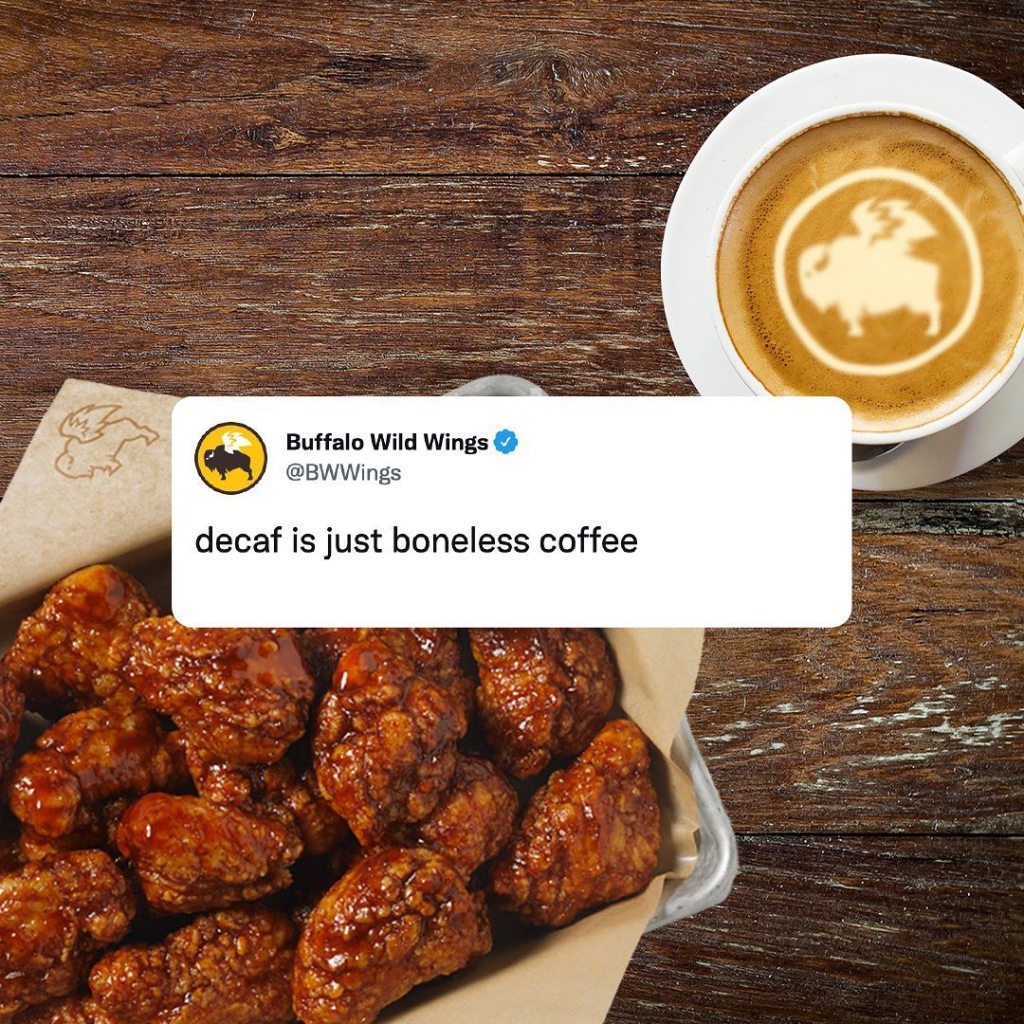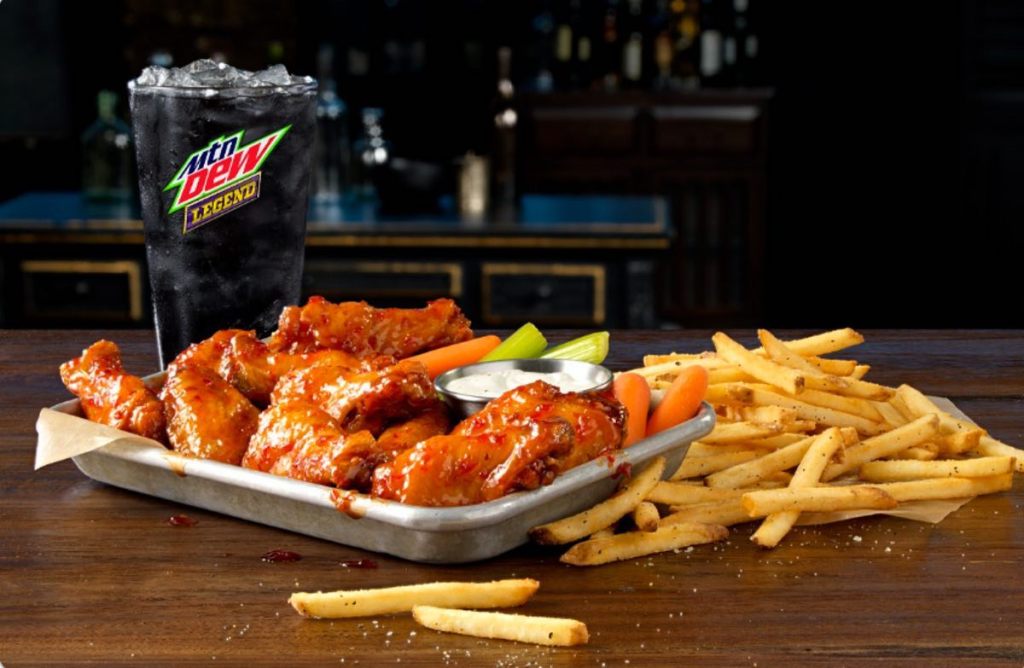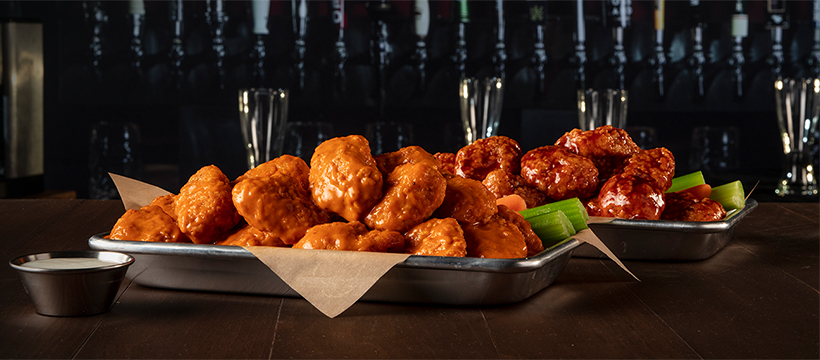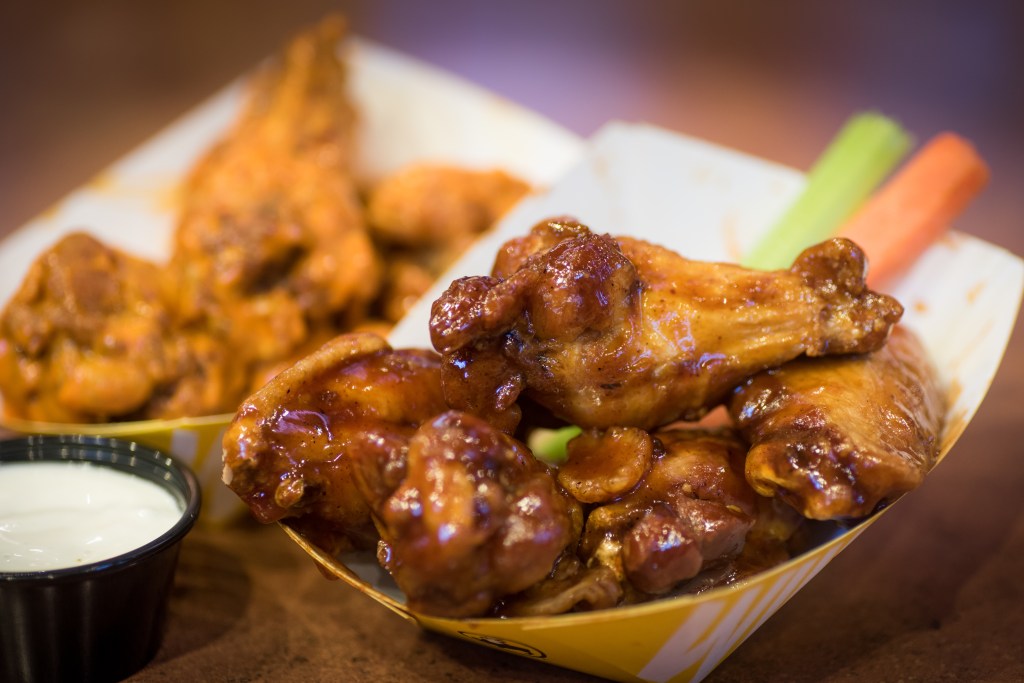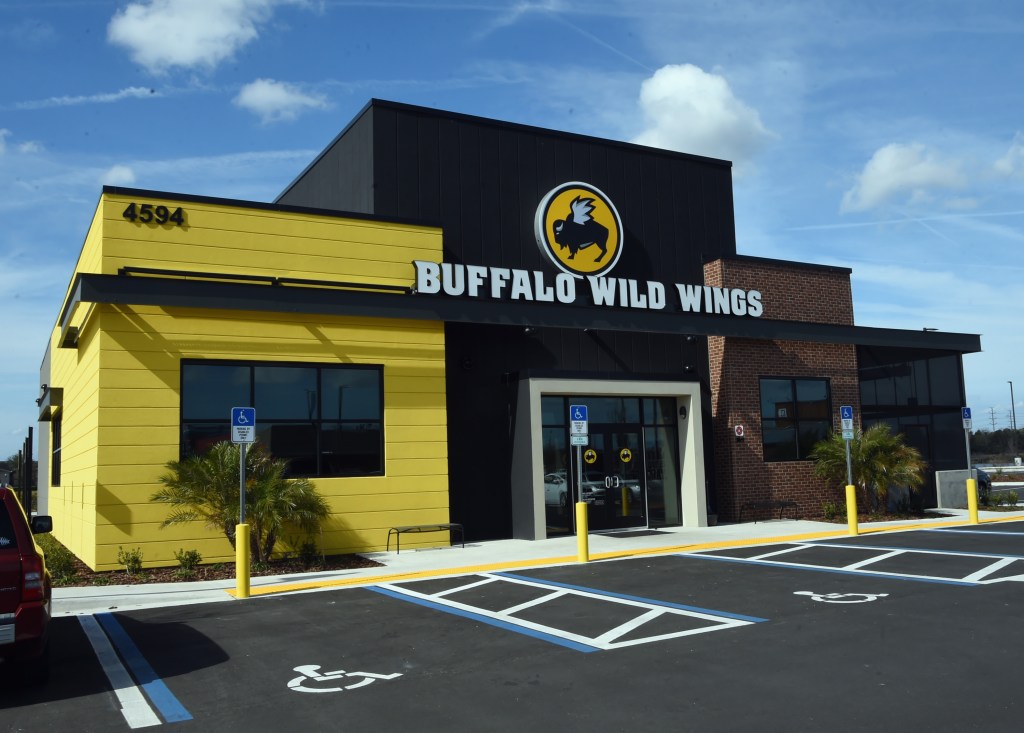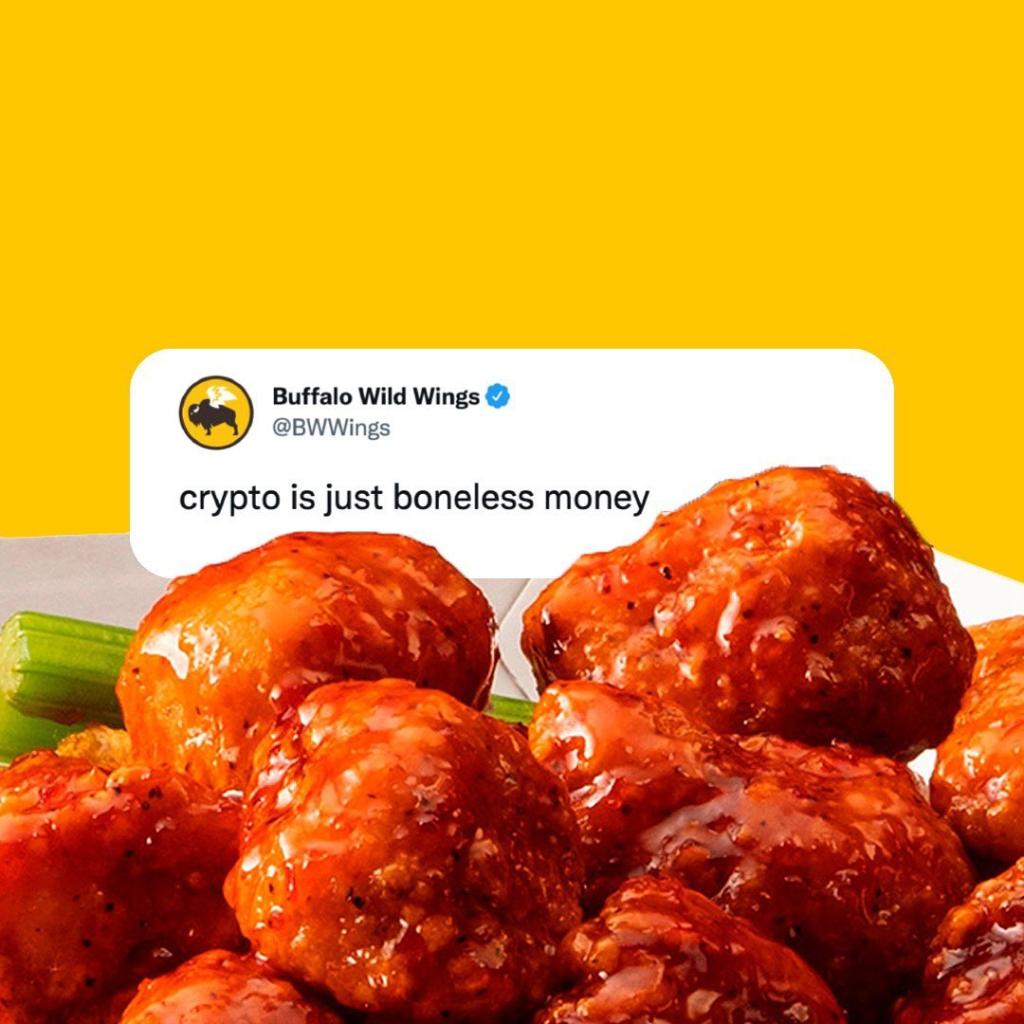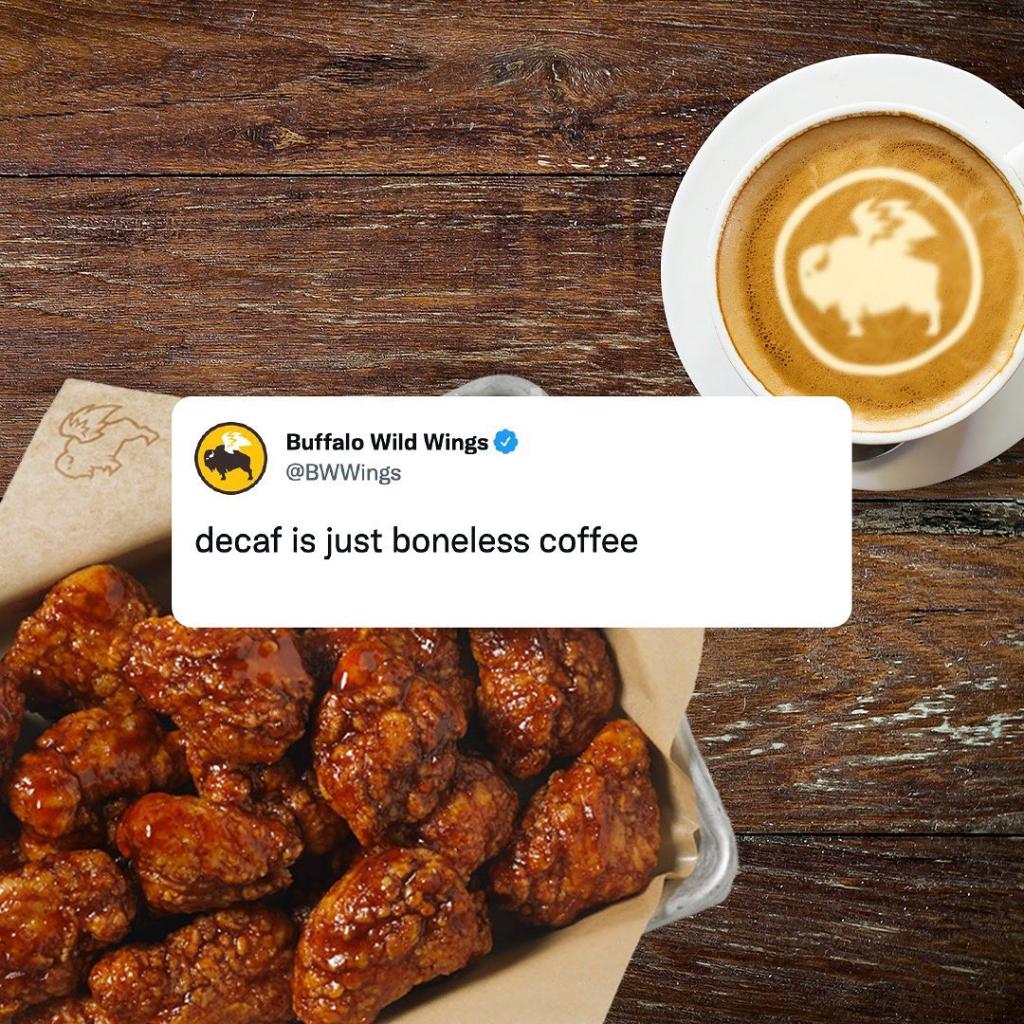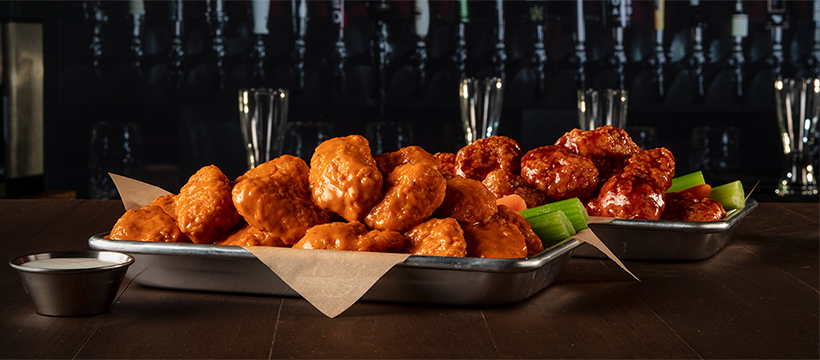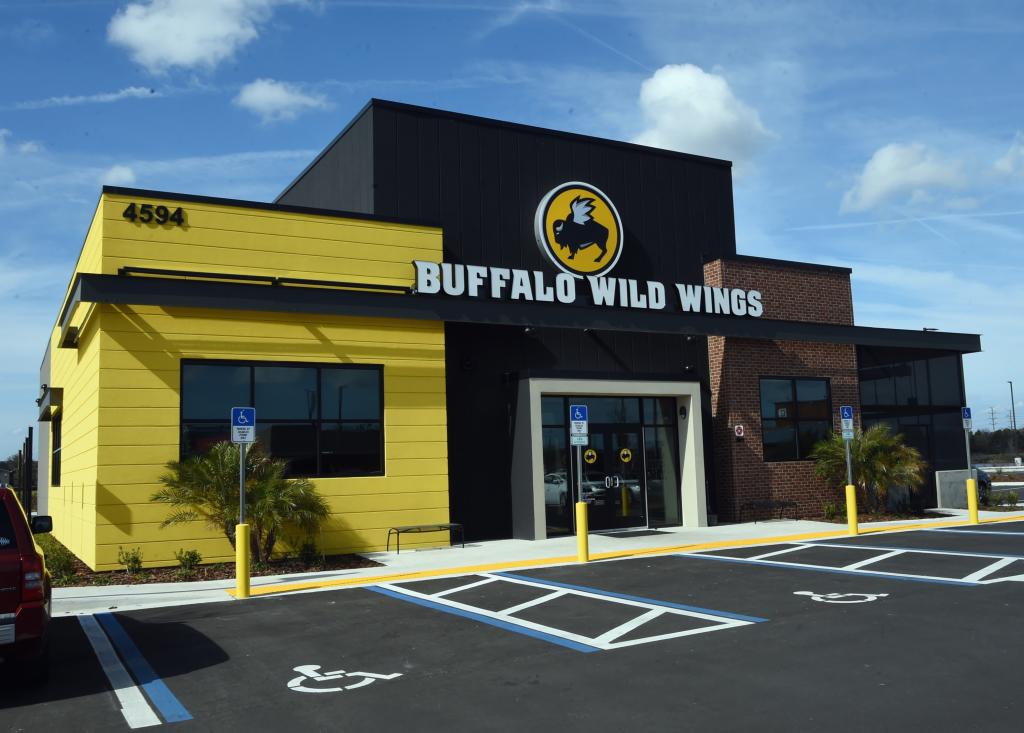It seems like a no-wing situation.
A Chicago man has filed a class-action lawsuit against Buffalo Wild Wings on the grounds that its so-called “boneless wings” are actually closer to chicken nuggets. The complaint was filed Friday in the US District Court for the Northern District of Illinois, per court documents obtained by Nexstar’s WGN.
“This class action seeks to challenge the false and deceptive marketing and advertising of Buffalo Wild Wings’ Boneless Wings,” reads the lawsuit, which was filed by plaintiff Aimen Halim against BWW and parent company Inspire Brands, WGN-TV reported.
In it, he argues that the products’ name and description lend the false impression that they are bona fide chicken wings that “have simply been deboned” and are therefore “comprised entirely of chicken meat.” However, in actuality, they are “not wings all” but rather “slices of chicken breast meat deep-fried like wings,” the plaintiff declared of the supposed culinary cover-up.
“Indeed, the Products are more akin, in composition, to a chicken nugget rather than a chicken wing,” the document reads.
When reached for comment, Buffalo Wild Wings directed The Post to a tweet posted on Monday, which read: “It’s true. Our boneless wings are all white meat chicken. Our hamburgers contain no ham. Our buffalo wings are 0% buffalo.”
On the BWW menu, the boneless chicken wings —of which 100 million were once sold in a single year, per the chain — are described as “all white chicken” that is “lightly breaded.”
The incident that inspired the suit occurred earlier this year, when Halim fell prey to the alleged breast meat masquerade, WGN-TV reported.
“Had Mr. Halim known that the products were not chicken wings, he would not have purchased them, or would’ve paid significantly less for them,” states the doc, which goes on to declare that the Chicagoan had suffered “financial injury” due to the defendant’s “false and deceptive conduct.”
And while the discrepancy may seem like semantics, Halim points to the fact that BWW’s competitors are careful not to mislabel their meat chunks. He notes that Papa Johns calls the dish “Chicken Poppers,” while at Domino’s, they are labeled “boneless chicken” to avoid any confusion.
“Buffalo Wings is well aware of this issue, but has refused to change its practices,” he claimed in the doc.
Halim cited a 2009 New York Times article that stated that the trend of selling boneless wings was born out of the skyrocketing costs of wings combined with the plummeting price of chicken breasts. In other words, as a way to kill two birds with no bone.
“This clear-cut case of false advertising should not be permitted, as consumers should be able to rely on the plain meaning of a product’s name and receive what they are promised,” said Halim.
As reparations for the alleged chicken dupe, the suit demands a jury trial, an unspecified amount of punitive damages, lawyer fees and any other fines as determined by the judge, per court documents.
This isn’t the first time Halim has sued a company over alleged false marketing. The plaintiff’s prior suits have involved a case claiming that the “natural” label on Tom’s of Maine Wicked Fresh Mouthwash and the “high in fiber” label on Kind granola are inaccurate, Insider reported. He also claimed that Hefty misled customers by labeling its bags “recyclable” when that wasn’t the case — a suit that was dismissed in August.
In 2018, a disgruntled Apple customer attempted to sue the tech firm for a cool trillion dollars — its approximate net worth at the time — after claiming that an Apple employee switched out his phone when he took it in for repairs.










